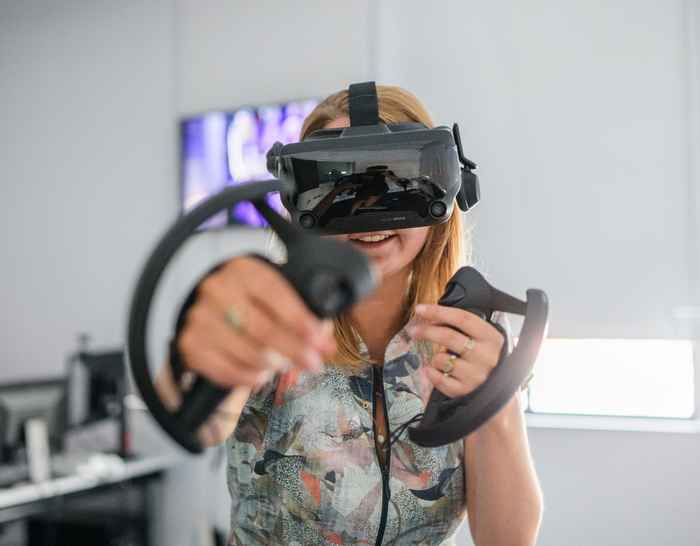Participate in Virtual Reality research
Virtual Reality (VR) is a virtual environment that users experience through stereoscopic glasses (headset). Motion sensors allow users to move relatively freely through a virtual space, allowing for the credible experiences, even if these environments may not be realistic at all. Usually it is possible to interact with the virtual environment by means of controllers or gloves, which can be used as hands, making the experience even more similar to reality. The attractive thing about VR is that it offers the possibility to study situations that in reality are difficult to control, dangerous, expensive, or otherwise hard to manipulate.
